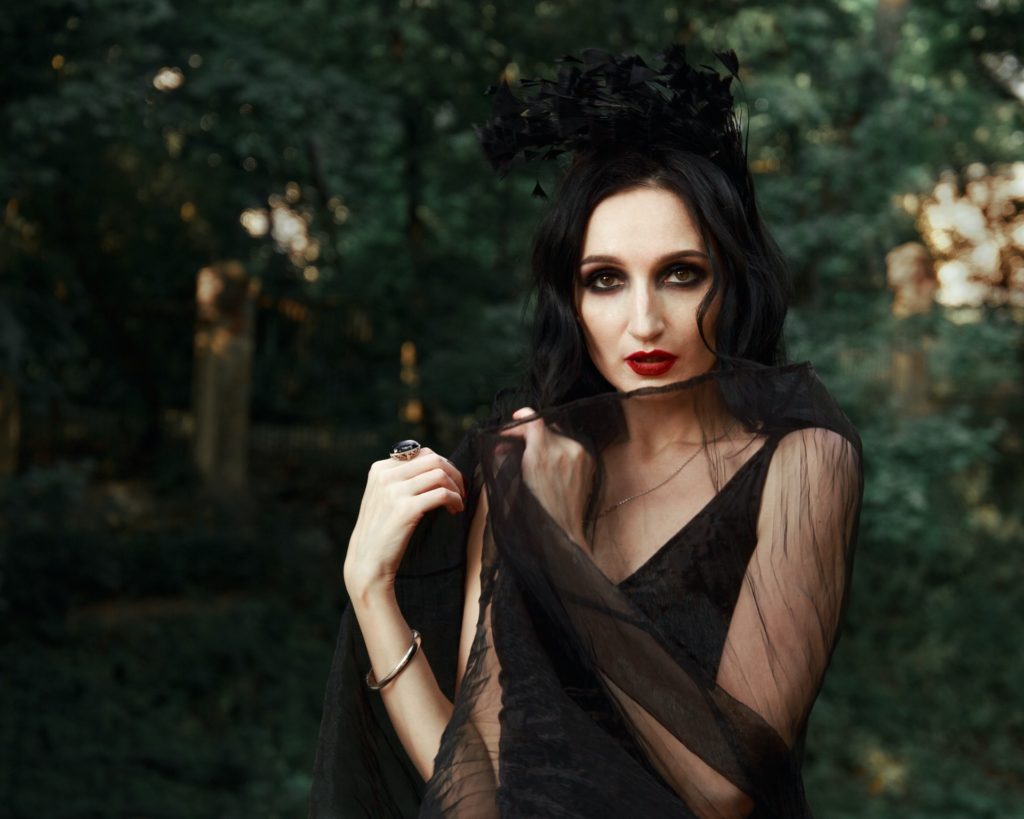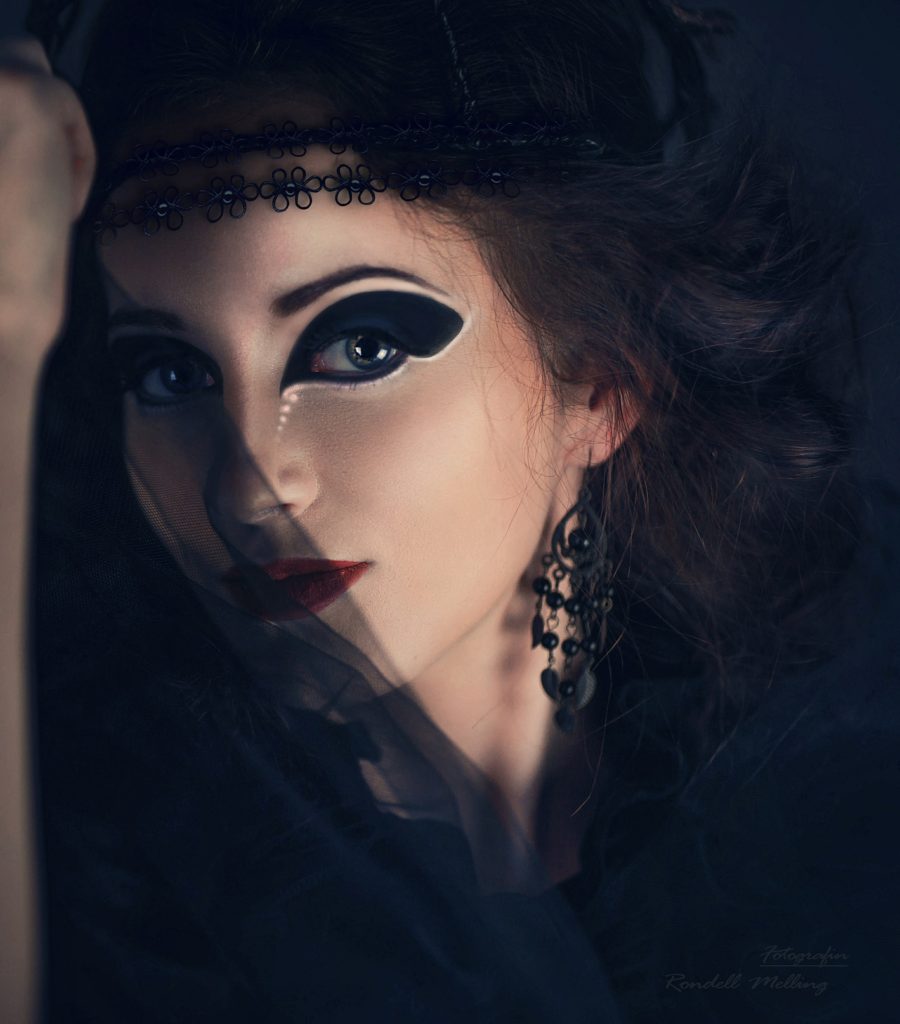At first, you might consider the question “How did Dracula become a vampire?” meaningless. The obvious reason is that Bram Stoker’s novel doesn’t offer a clear answer. However, not only is there actual meaning in this deceptively simple question, but it’s one that is fundamental for the way ethics and accountability are presented in the novel.
After all, ethics as well as accountability are not consciously dealt with in Dracula. Rather, there is only an attempt by the text to explain (away) some uncomfortable truths. Of course, in a true Victorian Streisand effect, the more the novel wants to hide these uncomfortable truths, the more they emerge.
How did Dracula become a vampire?
This question – which I’m using as a starting point and metaphor – allows us to talk about a crucial aspect of the novel. Indeed, one containing another question: Is Dracula evil?


